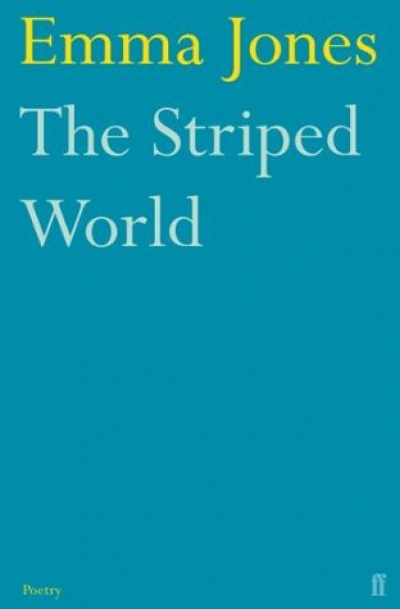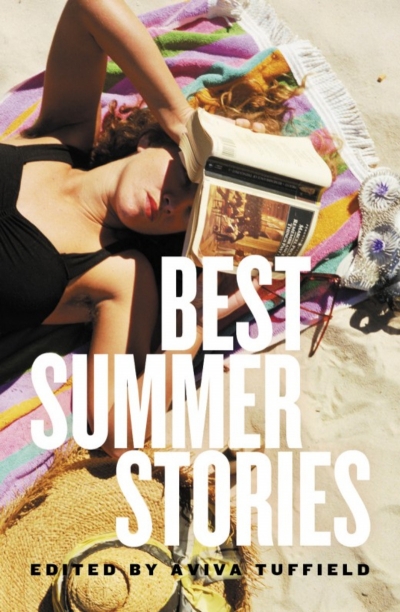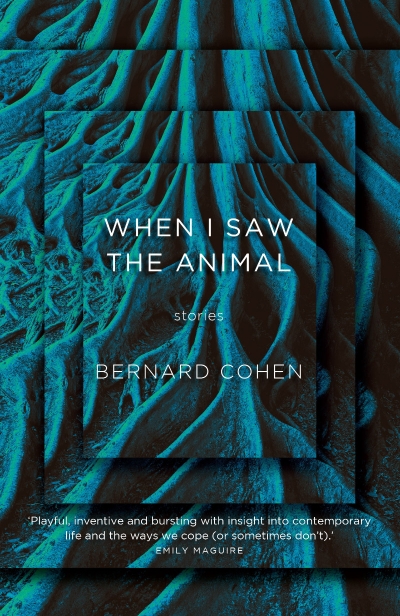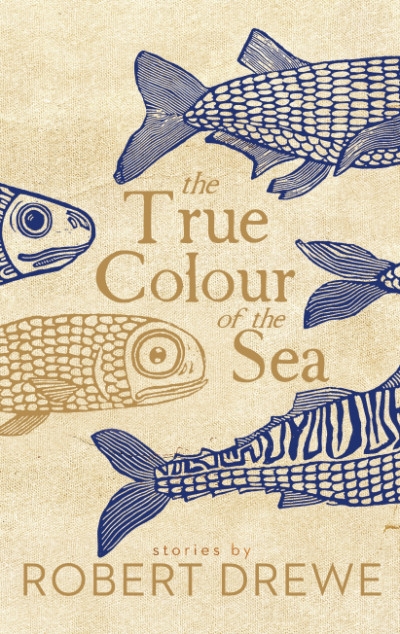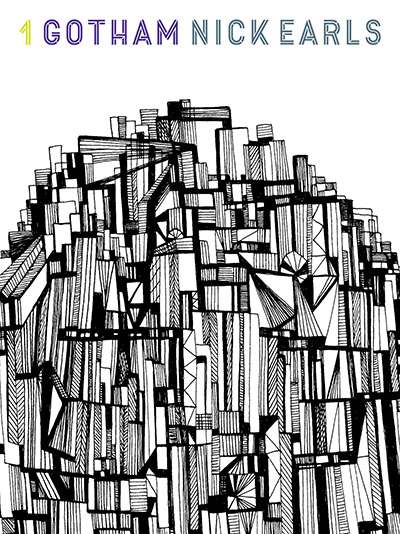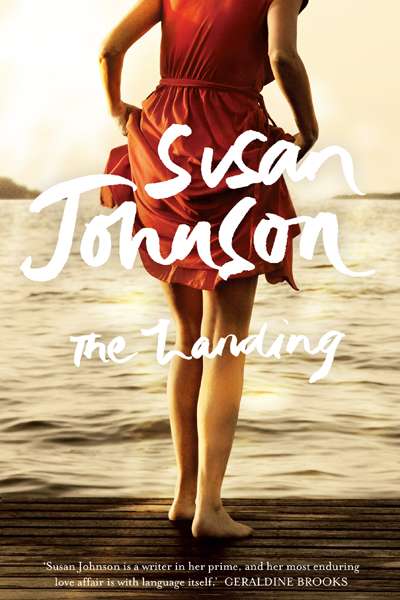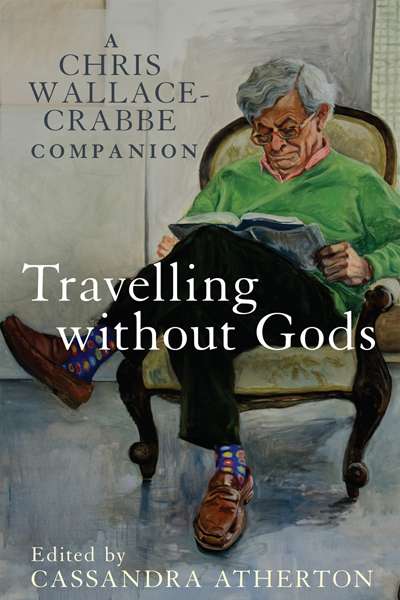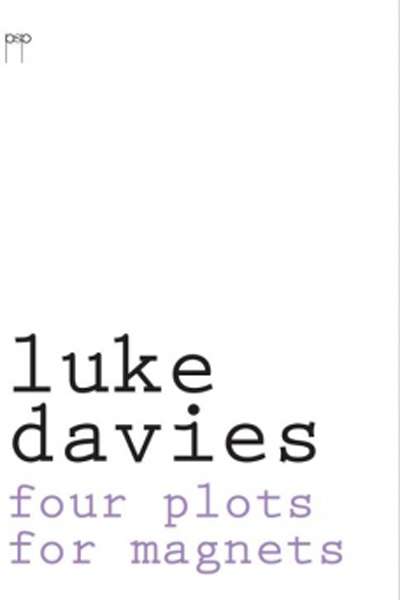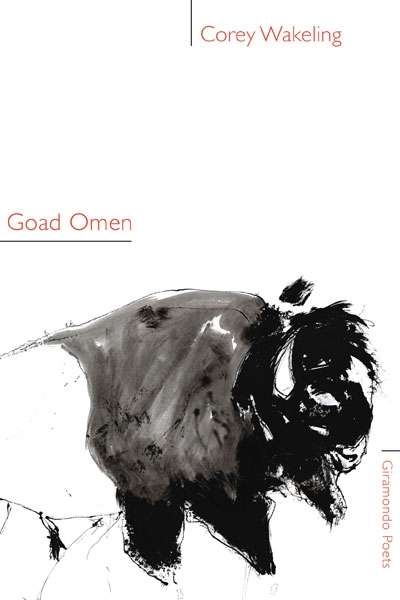Anthony Lynch

Anthony Lynch lives on the Bellarine Peninsula, Victoria, where he writes poetry, fiction, and reviews. His work has appeared in The Age, The Best Australian Poems, Island, and Southerly. His short story collection Redfin (2007) was shortlisted for the Queensland Premier’s Literary Awards. His poetry collection Night Train was published in late 2011 by Clouds of Magellan. He is publisher at the independent publishing house Whitmore Press and an editor at Deakin University.
Many readers – though apparently not enough to have saved them – will mourn the recent demise of Black Inc.’s annual Best Australian anthologies of essays, stories, and poems (which first appeared in 1998, 1999, and 2003, respectively). The last of these, however, has won something of a reprieve in Best Summer Stories, edited by Aviva Tuffield. A publisher at Black Inc. when this new project ... (read more)
As a boy, I watched with fascination an early sci-fi horror film, The Blob. After a meteorite lands in Pennsylvania, a small, gelatinous blob emerges from the crater. Starting with an inquisitive old man who probes this runaway black pudding with his walking stick, the blob proceeds to consume, literally, everything in its path, growing in girth and bringing greater terrors with each new small-tow ... (read more)
Robert Drewe’s first short story collection, the widely acclaimed The Bodysurfers (1983), opens with a story of the Lang family – children Annie, David, and Max, taken by their recently widowed father for a Christmas Day lunch at a local hotel, where it becomes apparent that their father is on intimate terms with the hotel manageress.
This lunch, the desultory aftermath with the children left ... (read more)
In the final novella of Nick Earls's quintet The Wisdom Tree, a benign security guard, Wanda, misquotes Tolstoy: 'No family is perfect. But each family isn't perfect in its own way.' Crossing between continents, each of these intersecting novellas reveals characters who variously express love for the institution of family and opportunistically exploit it. Compromised ambition flourishes throughout ... (read more)
‘How did you even begin to fit two adult lives together so that they happily resembled a whole?’ Jonathan Lott, the main character in Susan Johnson’s tenth novel, asks himself. It is giving little away to say that by book’s end there are no definitive answers. But Jonathan’s attempts to make sense of his wife Sarah’s defection from their decades-long marriage are at the core of The Lan ... (read more)
The title of Cassandra Atherton’s anthology, Travelling Without Gods, alludes to the particular brand of agnosticism that has run through Chris Wallace-Crabbe’s work over many decades. Journeying sans deity is evidenced strongly in the poet’s latest collection, a book which, like Atherton’s, has been published to coincide with Wallace-Crabbe’s eightieth birthday.
For a non-believer, Wal ... (read more)
True Stories: Babes in Hollywood, directed by Dan Sturman and Dylan Nelson (2011)
An American wannabe child star told the workshop of his still-born brother. How his mother had said the lost one, endlessly cast in a silent movie, looked just like himself. Niagara broke over the boy’s cheeks. The fat kid to his left, cast always as a bully, patted his arm. The workshop leader said That’s great ... (read more)
In 1982 a young Steve Kelen published a slim volume by an even younger poet by the name of Luke Davies. Four Plots for Magnets was a chapbook of thirteen poems written mostly when the poet was eighteen and nineteen. Published by Glandular Press, an outlet established by Kelen and the painter Ken Searle in 1980, this ‘sampler’ (as Kelen later calls it) was in a monochrome, staple-bound format. ... (read more)
Early in his Literary Theory: An Introduction, Terry Eagleton quotes the Russian formalist critic Roman Jakobson: ‘[literature is writing that represents] organised violence committed on ordinary speech.’ I don’t know if Corey Wakeling has been influenced by the formalists’ theories, but Goad Omen, his energetic first collection, is replete with estranging devices that bring attention to p ... (read more)

